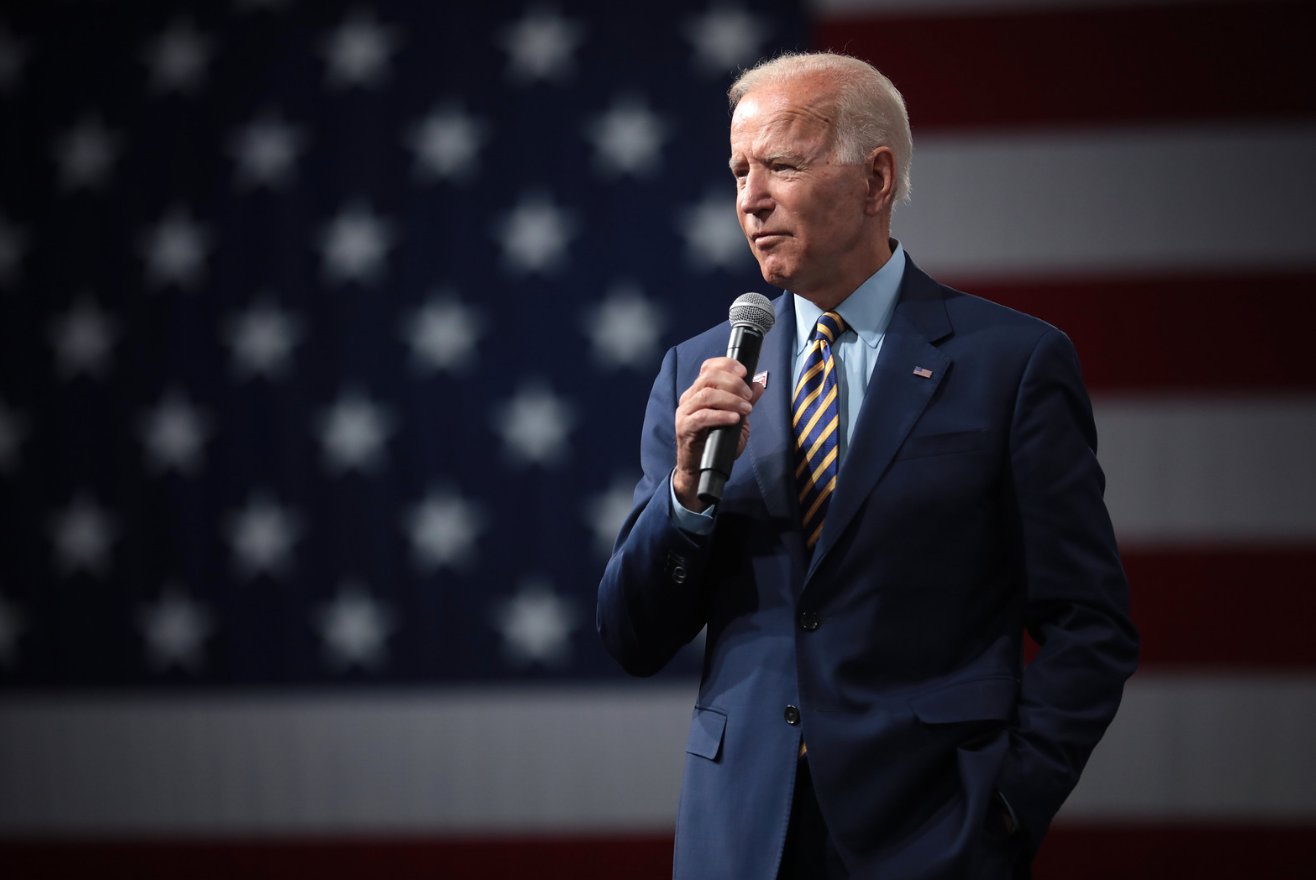Pro: Should There Be a Maximum Age for Presidential Candidates?
Throughout our nation’s history, many of the United States’ oldest presidents have been afflicted by physical and mental health struggles. In 1994, mere years after the conclusion of his presidency, Ronald Reagan, our third oldest president, was diagnosed with severe Alzheimer’s. This age-related disease undoubtedly impacted Reagan’s performance during his second term in office. Over the last eight years, Americans have elected the two oldest presidents in United States history. Former President Donald Trump began his term at 70 years old and concluded it at nearly 75. During his last year in office, Trump’s health was visibly declining as a result of his old age and he had numerous health scares during his time in office including a lengthy hospital stay at Walter Reed Medical Center after catching COVID-19.
President Joe Biden is the oldest president in U.S. history at 80 years old in the third year of his presidential term. Over the course of Biden’s presidency, his cognitive ability appears to have deteriorated rapidly, with the media often calling attention to his incoherent speeches and embarrassing mistakes.
In a modern political scene, a presidential maximum age has become increasingly necessary. The widespread implementation of new technologies in all spheres of American life has transformed the nation into one utterly reliant on technological advancements. As a result, the nation needs younger presidential candidates that can better understand how to handle contemporary technological problems without relying on their cabinet members to supplement their lack of knowledge. The pressure on the Biden administration to respond to and devise methods of controlling internet espionage and increasingly advanced AI exemplifies the need for presidents to fully comprehend modern technology and its shortcomings. President Biden was raised in a time when these types of technology were in their primitive stages, and therefore he lacks the correct background to effectively address these issues. A younger president would be better suited to solve the unprecedented challenges we face today.
There is undeniably more to a president’s suitability and performance in office than age, and introducing an age maximum cannot ensure a perfect presidential future. Nevertheless, the institution of age limits for presidential candidates would eliminate age-related health concerns and out-of-date ideological conflicts in the most powerful position in our nation. It is imperative that new generations take control of American political leadership as the nation grapples with issues our elders do not understand. The United States needs modern leaders to solve modern crises.
Con: Should There Be a Maximum Age for Presidential Candidates?
The United States stands on the belief that all men are created equal, regardless of external factors like gender, race or age. An age limit for presidential candidates would violate this ideal and exclude a large demographic of Americans from our most sacred institution: democracy. Our presidents should be elected for the strength of their platforms and their leadership skills, regardless of age. A maximum age would exclude countless potential leaders and their wisdom and experience gained through long careers in public service. Our nation’s elderly population provides unique perspectives, having lived through defining moments in our history. Restricting these people from candidacy would constrain the perspectives of our nation’s leaders.
The stereotype that elderly people are feeble or senile is harmful and untrue. Some of our nation’s greatest leaders were senior citizens and would have been excluded by a maximum age. President Dwight D. Eisenhower, who defeated fascism in Europe and Asia, ushered in an era of American prosperity, despite being 62 when he was elected. George Washington was 57 when elected and left office at 65, establishing a legacy of democracy with his peaceful transfer of power. Harry Truman, elected at 60, effectively navigated the volatile landscape of the Cold War, drastically expanded welfare and social programs and promoted equality by ending discrimination in the government and desegregating the military. All of these presidents exemplify effective leadership, regardless of age.
Proponents of an age limit also argue that health issues hinder older presidents’ ability to lead. This criticism falsely implies that only older leaders would be limited by health issues. For example, the second youngest president in United States history, John F. Kennedy, was plagued by health issues throughout his presidency, relying on high doses of opiates to function.
Instead of an age limit, rigorous health assessments should be used for all presidential candidates, ensuring that only those who are physically and mentally capable of fulfilling their duties are eligible. Individual assessments provide a fair and comprehensive evaluation of each candidate’s ability to lead without discriminating on the basis of age. Trust in the electoral process is a core tenant of our democracy, and age limitations would infringe on Americans’ right to choose their leader. Instead of discriminatory restrictions, we should trust the choice of American people.
A maximum age for presidential candidates endangers our fair and free elections, discriminates against the elderly, bars candidates with decades of experience and contradicts our history of effective elderly leaders.
